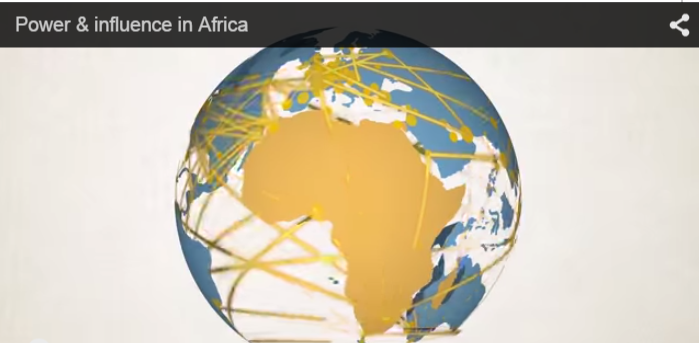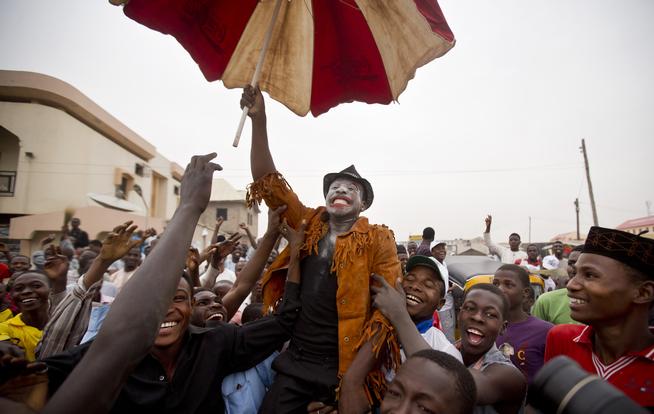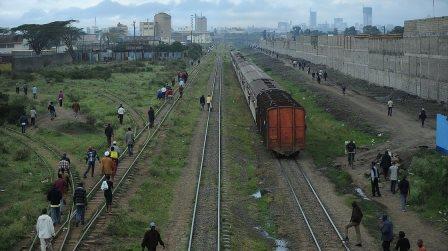Africa Is Booming Now a Hot Topic
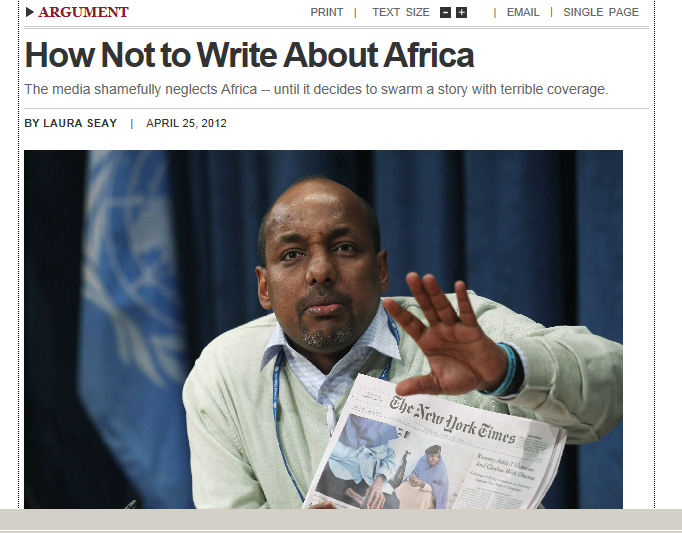
[media-credit name=”Foreign Policy” align=”alignleft” width=”300″]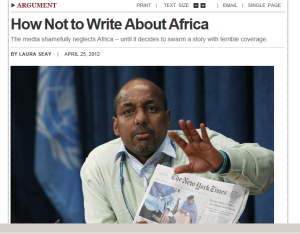 [/media-credit]
[/media-credit]
News that Africa is booming is going mainstream. At least that is the point that is discerned when major U.S. print and broadcasting outlets such as The Washington Post, New York Times, The Atlantic, Christian Science Monitor, and NPR pick up on news of transformation that is taking place in continental Africa. These organizations are devoting more space to coverage of Africa in new and substantive ways.
But saying that Africa is experiencing progress may not be news after all. Actually, things have “revved up” economically, politically, and otherwise in Africa for quite a while. It is people on the ground in Africa, American reporters, economists, and experts who are giving us this information.
The International Monetary Fund (IMF) and the World Bank have been pointing to rapid progress throughout Africa for about a decade and saying it is encouraging news. Credit is due to those U.S. news organizations that have given the subject a thorough examination in the last few years.
We are just not sure who is coming late to the party; the U.S. public that may not be paying attention, out of lack of interest in Africa, or some U.S. media that have given little space or attention to the discussion.
While this goes on, a new question has popped up, about how best to report on Africa. Are reporters doing justice or injustice with their presentation of news about Africa?
This battle, it now seems, has shifted into the public square.
A recent debate in the Atlantic on the subject pits the New York Times Nick Kristof against Ugandan entrepreneur Teddy Ruge. Kristof, a two-time Pulitzer Prize winner, is noted for his coverage of Africa for the New York Times. But Ruge thinks Kristofs’ columns reinforce western stereotypes about Africa.
“Nick Kristof Debates an African Critic,” is how the Atlantic framed it.
“Despite Grim Headlines, Africa is Booming,” says NPR News in Washington D.C.
Howard French, a professor of journalism at Columbia University, believes the media is partly to blame for failing to report accurately on the progress that is taking place in Africa.
“The media has been a little slow to pick up on this,” French told host Neal Conan in a discussion about the “profound change” that is underway in Africa on NPR Talk of the Nation on July 11.
“Headlines often say something happened in Africa as opposed to in a region of Africa or better yet in a particular country of Africa,” French added.
In How Not to Write About Africa, Laura Seay, an assistant professor of political science at Morehouse College argues that “Western reporting on Africa is often fraught with factual errors, incomplete analysis, and stereotyping that would not pass editorial muster in coverage of China, Pakistan, France, or Mexico.”


